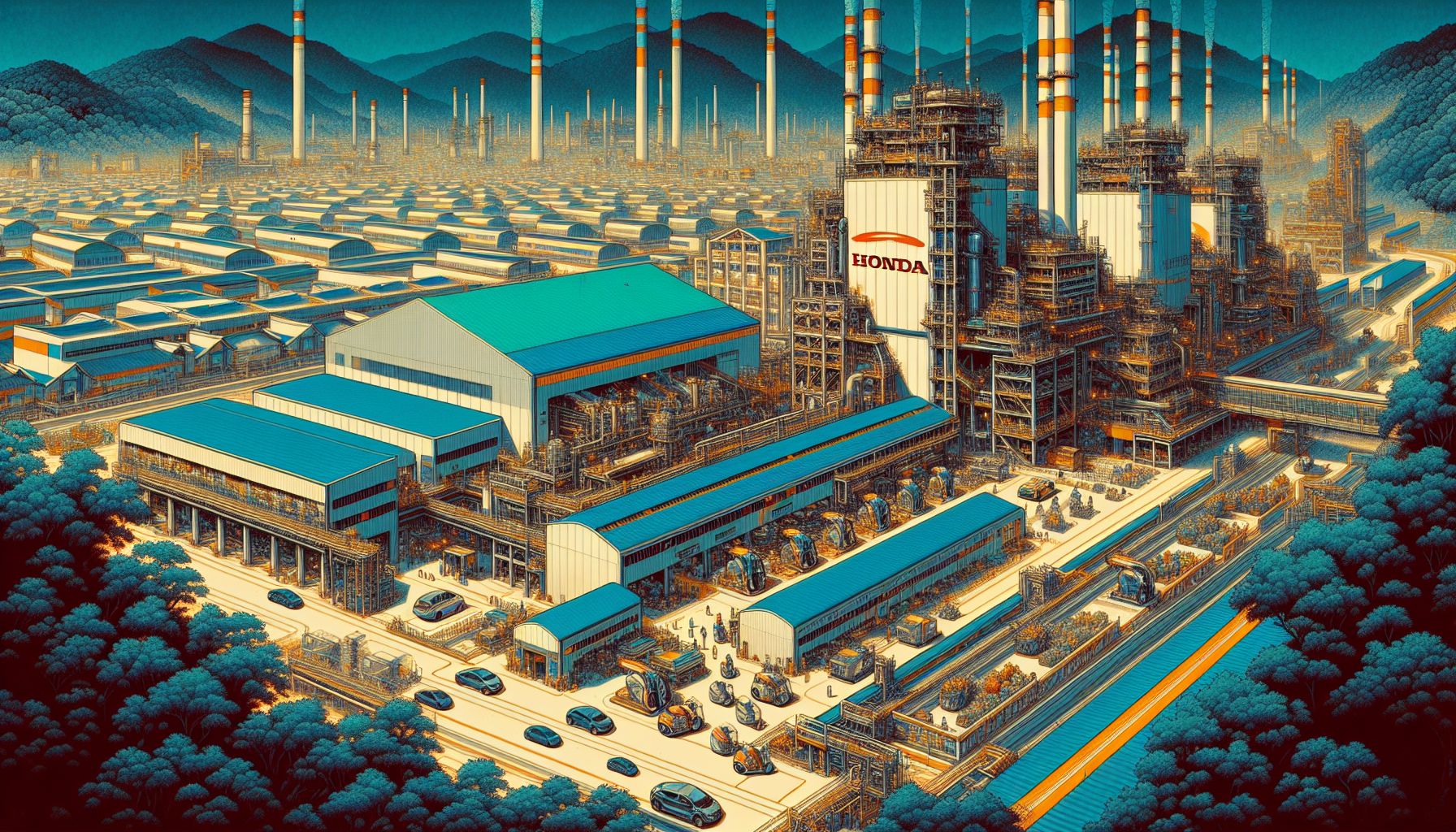Honda Delays Fuel Cell Factory Operations Amid Market Challenges

Moka, Monday, 30 June 2025.
Honda halts its fuel cell production in Tochigi, initially set for 2027, amidst high costs impeding hydrogen fuel cell adoption, lowering production capacity by 30% to under 20,000 units annually.
Honda’s Strategic Shift in Fuel Cell Technology
Honda Motor Co. recently announced a significant change in its strategy to produce fuel cell technology at its new facility in Moka City, Tochigi Prefecture. Initially, Honda planned for operations to begin in 2027 with a production capacity of 30,000 units annually. However, the company has now postponed the launch to an indefinite date due to challenges related to the hydrogen fuel cell vehicle market and high costs associated with fuel cell technology. This realignment also includes a reduction in production capacity to under 20,000 units annually, reflecting a 30% decrease from initial estimates [1][2][3].
Factors Influencing the Market Downturn
The hydrogen fuel cell market has struggled due to the high costs associated with hydrogen production and infrastructure, making it less competitive compared to traditional gasoline vehicles and electric vehicles. Although hydrogen fuel cells offer the advantage of producing zero emissions, their deployment has been delayed by the slow pace of infrastructure development and the persistent high cost of hydrogen [1][4][5]. Despite Honda’s collaboration with Isuzu Motors to develop fuel cell trucks, the overall demand for fuel cells in both commercial and passenger vehicles has not met expectations, necessitating this strategic shift [2][6].
Impact on Honda’s Broader Green Strategy
The delay in the fuel cell module factory has also affected Honda’s participation in Japan’s Green Transformation (GX) supply chain support program, resulting in the withdrawal from this initiative due to the revised production capacity and timeline that no longer meet program requirements. The GX initiative is designed to support the development of clean energy technologies, and Honda’s initial inclusion in this initiative underscored its commitment to advancing hydrogen as a sustainable energy source [3][7].
The Future of Fuel Cells in Automotive Innovation
Despite the delay, Honda remains committed to its long-term goal of hydrogen technology development. The company aims to achieve carbon neutrality by 2050, with hydrogen playing a crucial role in reducing carbon emissions. Honda has expressed optimism that market conditions will improve, allowing the company to increase its production capacity and gain a competitive edge in the sustainable vehicle market in the future [4][8].
Bronnen
- www.nikkei.com
- news.yahoo.co.jp
- global.honda
- jp.reuters.com
- news.yahoo.co.jp
- news.yahoo.co.jp
- sp.m.jiji.com
- www.jiji.com